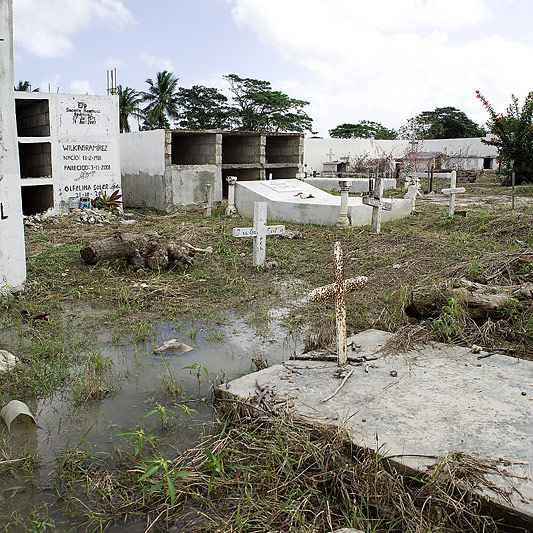TUESDAY, Jan. 26, 2016 (HealthDay News) — If you’re feeling like things have been going your way lately, you may want to keep a tighter grip on your wallet, researchers say.
A new study suggests that people are more likely to gamble when things suddenly go their way — such as an unexpectedly sunny day, or when a local sports team scores a big upset.
“Our study reveals how positive, but incidental unexpected outcomes, like sports and weather, can predict day-to-day lottery gambling in New York City’s 8 million residents,” lead researcher Ross Otto, of New York University, said in a news release from the Association for Psychological Science.
However, the study could only show a link between unexpected outcomes and people’s willingness to gamble, it couldn’t prove a cause-and-effect relationship.
For the study, published online recently in Psychological Science, the researchers looked at daily lottery purchases made in 2011 and 2012. They included purchases from 174 neighborhoods in New York City.
The investigators charted all the wins and losses in regular and postseason professional sports games played in the area. Then they calculated the expectation of each team’s win probability the day before a game.
On each game day, the researchers looked at how unexpectedly good or bad the outcome was based on the difference between the predicted outcome and which teams actually won their games. They also used satellite data to compare sunshine predictions with the actual amount of sun on each day.
The researchers also took a number of variables into account, such as holidays, typical paycheck cycles and severe weather events.
The study revealed that unexpected sports wins and sunny days appeared to trigger an increase in gambling. People spend about $160,000 more on lottery tickets following unexpected, positive events than they would on an average day, the findings showed.
“We found that large prediction errors resulting from sports or sunshine could shift daily purchase rates up or down by up to 0.5 percent, and these effects were largely homogeneous across both the city’s wealthier and poorer neighborhoods,” the study authors reported.
Previous studies have shown that people are more willing to make riskier bets following surprising and favorable events. These latest findings, however, suggest they actually follow through and engage in this risk-taking behavior.
“These results reveal a remarkable malleability to human risk-taking: people’s gambling behavior is shaped by unexpected, but incidental outcomes in their environment,” Otto said.
More information
The U.S. National Library of Medicine has more about gambling.
Copyright © 2026 HealthDay. All rights reserved.

